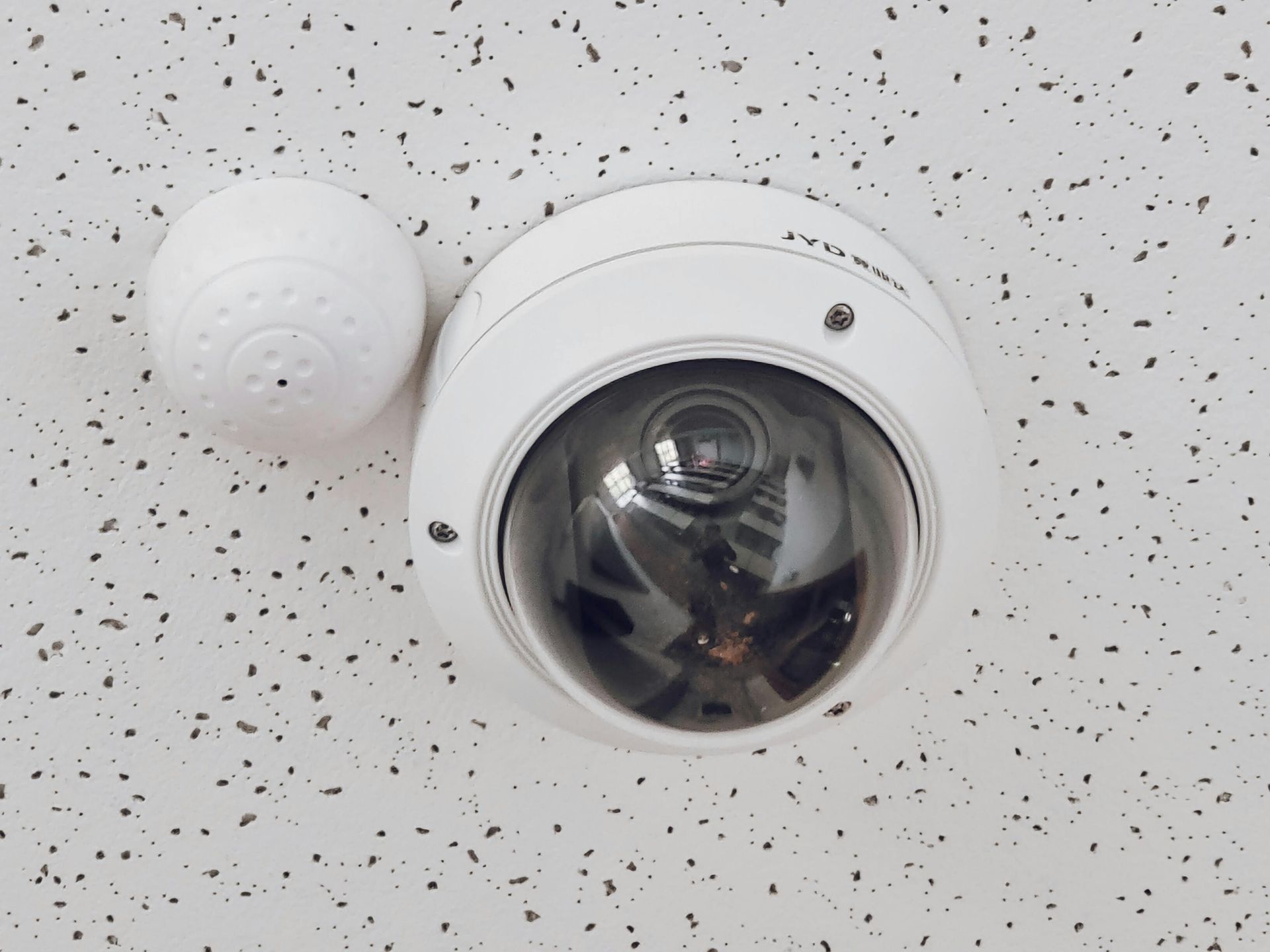Resource Hub
As a small business owner, keeping everything in order often turns into a juggling act, and managing your premises is a big part of that. You want to create a welcoming and productive environment for both your employees and customers, but to do this, you need solid management strategies in place.
Why Good Management Matters
To realize how critical premises management is, consider what happens when things go awry. A lack of organization can lead to chaos, making it hard for employees to work efficiently. The majority of small business owners spend most of their time dealing with issues related to management, and if possible, you want to avoid that. The good news is, efficient management systems reduce stress and improve productivity, which creates a positive workplace atmosphere.
Maintaining Safety and Security
You want to create a space where both employees and customers feel safe. For instance, installing sliding security doors can be a significant step in the right direction because these doors provide easy access for customers, and they offer an added layer of protection. In other words, businesses with reliable entry points are less likely to face break-ins.
Cleaning Routine
According to the Centers for Disease Control and Prevention, clean workplaces reduce absenteeism because they lower the risk of illness. A good idea involves creating a daily or weekly cleaning checklist for the staff. You can tackle tasks like dusting surfaces, sanitizing shared areas, and managing trash. Regular maintenance keeps your space looking sharp and inviting.
Regular Maintenance Checks
When you ignore maintenance, it can lead to bigger problems down the line, so routine checks are essential. Schedule regular inspections to identify issues before they escalate. Whether it involves checking the plumbing, making sure electrical systems are safe, or even looking for wear and tear on furniture, proactive maintenance saves money and avoids disruption. This is a step you definitely don’t want to miss.
Emergency Preparedness
To keep your business running, you need to develop and regularly update an emergency plan that helps you handle any potential crises. In other words, identify the risks specific to your business, whether it involves natural disasters, health emergencies, or even something like a power outage. Then, create a step-by-step plan that outlines what to do in each situation. It's also very important to share this plan with your team and hold regular drills, so everyone knows their role when something goes down. To keep your emergency plan fresh, review it regularly and make updates based on new risks or changes in your environment. This way, you stay one step ahead and show your team that you care about their safety.
Your Team
When employees feel like they have a stake in their workspace, it really boosts accountability and teamwork. It's a great idea to get your staff involved by encouraging them to share their thoughts on how to make the workplace better and letting them pitch in with keeping things clean. When everyone has a say and pitches in, it creates a more positive and collaborative environment.
When you take good care of your place, it makes the work environment better for everyone, and it also helps you bring in new customers and keep the ones you already have. When your premises are well managed, it shows people you care, and that can make a big difference in how they see your business




